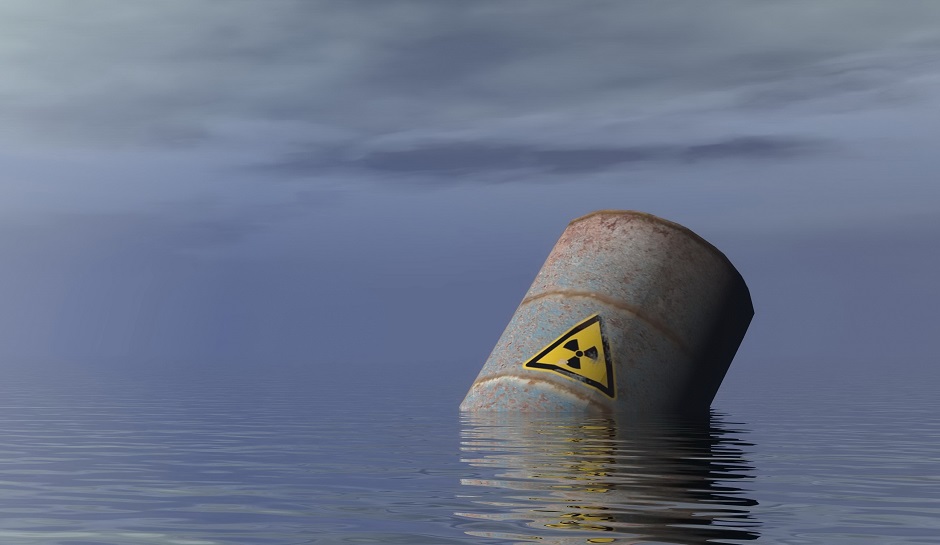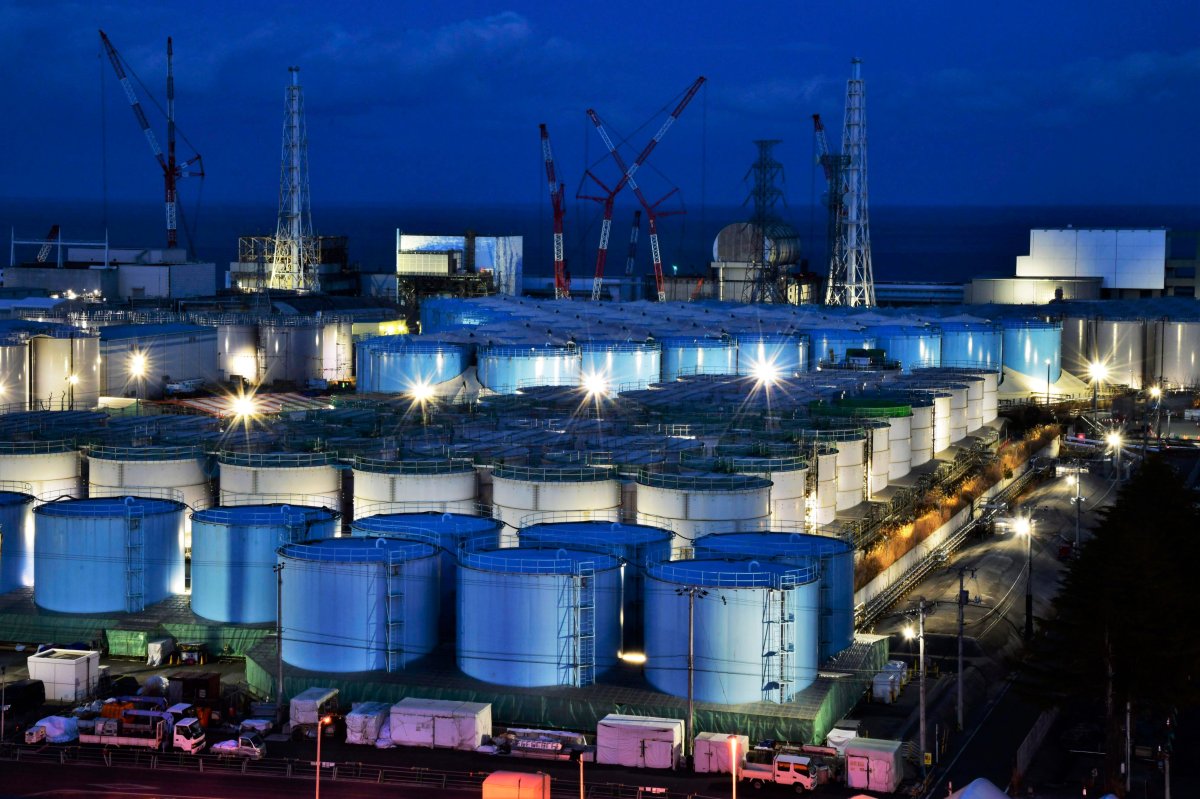
Fish With 180 Times Legal Limit of
Radioactive Cesium Fuels Dumping Fears
Gavin Blair / Guardian UK
(July 27, 2023) — A fish living near drainage outlets at the Fukushima Daiichi nuclear power plant in May contained levels of radioactive cesium that are 180 times Japan’s safety limit.
The black rockfish caught on 18 May was found by plant operator Tokyo Electric Power Company (Tepco) to have 18,000 becquerels per kilogram of cesium-137, compared with the legal maximum level of 100 becquerels per kg.
Japan’s plan to release 1.3m tonnes of treated water from the Fukushima plant has sparked concern in the region, despite approval from the UN’s International Atomic Energy Agency (IAEA). Hong Kong has threatened to ban food imports from 10 Japanese prefectures if the water release goes ahead as planned.
China began blanket radioactivity testing of Japanese seafood imports this week, leading some wholesalers to cease handling such produce from Japan.
Asked about concerns around the water discharge, the Tepco official reiterated that the company was confident “the impact on the public and environment will be minuscule”.
Rainwater from the areas around reactors one, two and three, which melted down during the March 2011 disaster, flows into the inner breakwater where the rockfish was caught in May. Cesium concentration in the sediment from the seabed in the inner breakwater measures more than 100,000 becquerels per kg, according to Tepco.
“Since contaminated water flowed into the Fukushima Daiichi nuclear power station port immediately after the accident, Tepco has periodically removed fish from inside the port since 2012 using fishnets that have been installed to prevent the fish from escaping the port,” a Tepco official told the Guardian.
A total of 44 fish with cesium levels above 100 becquerels per kg have been found in the Fukushima plant port between May 2022 and May 2023, Tepco confirmed, with 90% of those caught in or near the inner breakwater. Other specimens identified as having particularly high radioactivity were an eel with 1,700 becquerels per kg, caught in June 2022, and rock trout, with 1,200 becquerels in April 2023.
Regular monitoring of fish from the inner breakwater had been suspended after nets were installed in January 2016 to keep potentially contaminated fish inside the area.

“However, when a black rockfish with radioactive concentrations that exceed regulatory standards was caught off the coast of Soma [about 50km north of the plant] in January 2022, we began sampling again within this area in conjunction with the installation of more nets to prevent fish from leaving the port,” added the Tepco official.
Shipments of black rockfish caught off Fukushima prefecture were suspended in February 2022 after the radiation was detected and have yet to resume. The high radioactivity levels found in the tested specimen led authorities to believe it had escaped from the nuclear plant’s port. All species of seafood from the areas around the plant are regularly monitored for radioactivity.
Next month Tepco is scheduled to begin the release of more than 1.3m tonnes of treated waterfrom the Fukushima plant, a process that is due to take decades to complete. The operation has been approved by the UN’s International Atomic Energy Agency, but been criticised by China and opposition parties in South Korea, and caused unease among some Pacific islands.
Fumio Kishida, Japan’s prime minister, hit back at China’s decision to test Japanese seafood while on a recent tour of the Middle East. Speaking in Doha, Qatar, on Tuesday, Kishida said his government will “press for discussion based on scientific evidence”, regarding the release of the water from Fukushima.
Posted in accordance with Title 17, Section 107, US Code, for noncommercial, educational purposes.